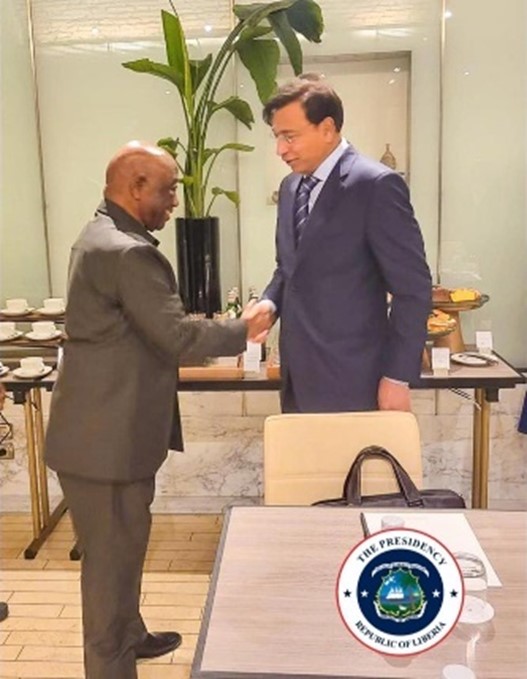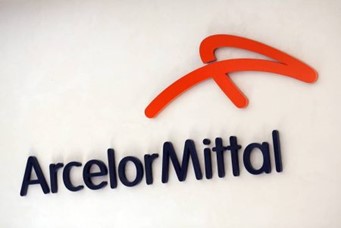
What is obtaining in Liberia nowadays is unprecedented and the first of its kind in the history of the Republic—to witness the total demise of a sitting government owing to greed and corruption. After the Republic has taken an economic dive for the worst, with no light at the end of the tunnel in sight, leading to recession, apparently not satisfied, the government is arrogantly wiping away the only remaining comfort that keeps the over 2.3 million (two million three hundred thousand) Liberians happy, against the professional advice of the World Bank, the Senate and the GSMA. The CDC Administration is bent on further distressing the already distressed masses.
A research document, entitled, “Impact of Liberia Telecommunications Authority (LTA) Order on Price Floor, Regulatory Fees and Surcharge”, revealed that LTA’s issuance of the Order was preceded by consultation with stakeholders, and that the consultations covered instituting a floor price and a 5% regulatory fee as a way of avoiding the imposition of any surcharge. The Mobile Network Operators (MNOs) agreed to accept the price floor but proposed a 5% increase in the General Sales Tax (GST) in lieu of the Regulatory Surcharge, which the LTA had proposed to impose.
Because the LTA did not abide by the mutual agreement with the parties to impose a 5% increase in the GST as agreed to by the parties, the LTA instituted the Regulatory Surcharge that was being protested against by the two telecommunication operators (LonestarCell MTN and Orange-Liberia). This situation led Orange to file a petition for judicial review at the Civil Law Court, in an effort to block the implementation of the Order.
Even though the Civil Law Court ruled in favor of LTA, Orange-Liberia appealed the decision to the Supreme Court. With the case in court, the LTA, on March 1, 2020, issued another notice to drop the agreed 5% Regulatory Fee and put into effect the Surcharge component.

The MNOs protest against the imposition of the surcharge is both legal and technical, as the legal aspect remains the prerogative of the courts while the technical, which is of economic concerns, is compelling.
According to the research document, if the surcharge goes into effect, it will make Liberia one of the most expensive cell phone market in the world. The projected impact of the Surcharge is a cumulative 77% drop in voice traffic and 43% drop in data usage.
LTA, being consistent with the Order to impose the Surcharge, all packages, bundles, offers and promotions comprising both mobile voice on net and mobile data services were readjusted by the MNOs. Noticeably among those packages that were canceled/readjusted was the US$1 for three days worth of unlimited calls put into place to ease the communication burden of the Liberian people since 2013. While the imposition of the Surcharge Order has resulted in a 138% increase in the ARPM (Average Revenue per Minute), the net effect translates to a total on net revenue decline of 8%. On the data front, the ARPMB (Average Revenue Per Mega Bite) also increased by 35% while total data revenue increased by 22%.

According to the research document, the introduction of the current floor price and regulatory fee has had a significant impact on the society, as most of the population had to adjust to the new price regime. The traffic date indicates that people are using their cell phones much less than they did prior to the introduction of the LTA Order. Many Liberians have publicly expressed their displeasure and disappointment over the cancellation of promotional packages, especially the “3 days unlimited calls”, because of their inability to cope with the new prices, which has significantly reduced voice traffic by 61% (projected to reach 77% if the regulatory surcharge is imposed).
Most Liberians live below the poverty line; as such, they will be unable to afford the new charges on voice as well as data when the surcharge is enforced. It is estimated that they will only be able to afford a 1-minute call per day. While the impact on the overall society is significant, the new price regime has a more drastic impact on the poorest in society, as they would not be able to afford telecommunication services and might opt out completely.
The Surcharge was to become effective on February 28, 2020, but following consultations with development partners the government decided on a moratorium and requested the World Bank Group to provide some data for purposes of comparing the cost of telecommunication services in Liberia with some selected African countries that could help inform a final decision. The data provided by the World Bank Group show that Liberia is broadly in the mid-position within the sample—the cost is not too high but also not too low; therefore, additional increases in costs through a surcharge would push Liberia up the ranks and make it one of the countries with the highest costs, which would undermine the country’s push towards a digital revolution. The World Bank Group therefore recommended that the proposed Regulatory Surcharge be discontinued.






